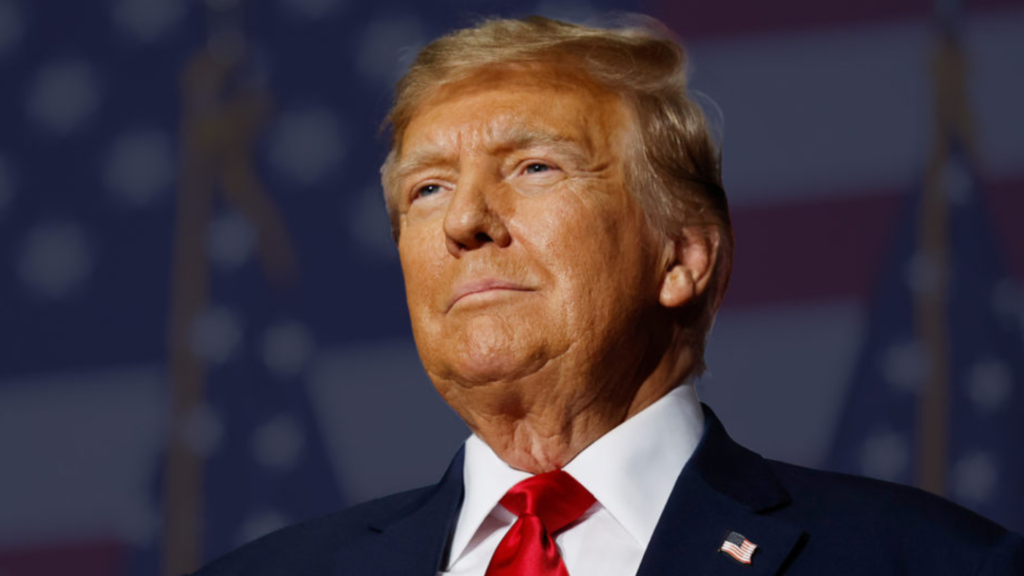
Incoming President Donald Trump and his team have reportedly prepared a list of pardons for January 6 defendants, which could be enacted as early as Inauguration Day.
This development aligns with Trump’s campaign promise to address what he views as the overly harsh treatment of certain participants in the 2021 Capitol incident.
House Speaker Mike Johnson recently commented on the issue but refrained from offering a definitive stance on whether individuals who assaulted police officers on January 6 should be pardoned.
During an interview with NBC, Johnson echoed Trump’s position, emphasizing the importance of evaluating each case individually. “Every case needs to be evaluated, as he said, but what President Trump is getting at is the lack of faith that people have right now in our system of justice,” Johnson stated.
According to two sources familiar with the matter, Trump’s team has compiled a list of potential pardons for January 6 defendants, reported CNN.
This initiative underscores Trump’s broader pledge of “major pardons” for many individuals involved in the protest, particularly those he views as nonviolent participants.
During his 2024 campaign, Trump criticized what he considers disproportionate sentences handed down to some defendants, though he has not yet outlined specific criteria for granting pardons or commutations. Nearly 1,600 individuals have been charged in connection with the events of January 6.
Trump’s remarks on clemency have had a noticeable impact on the legal proceedings for some defendants. Certain individuals have sought delays in their trials, potentially hoping for a favorable outcome under Trump’s administration. Others have actively lobbied for clemency, underscoring the political dimensions of the cases.
The issue of pardons has sparked debate among lawmakers. Senator Josh Hawley, a Republican from Missouri, expressed support for clemency in cases involving nonviolent offenders but drew a clear line against pardoning those who engaged in violence or destruction. “For those kind of folks whose defense was, ‘I didn’t realize, I thought the Capitol was open. The Capitol’s a public building; we were not the first ones in,’” Hawley stated in an interview with USA Today, “pardons or commutations would be appropriate. I’m against it for people who assaulted cops, threw stuff at cops, broke down doors, [or] broke windows.”
Trump’s commitment to granting clemency has drawn sharp criticism from opponents who view the January 6 incident as an insurrection.
They argue that such pardons would undermine accountability and condone actions that threatened the democratic process.
Supporters of clemency, however, argue that the justice system has treated some participants unjustly, particularly those whose actions were nonviolent or misguided rather than malicious.
As Inauguration Day approaches, the potential for widespread pardons adds another layer of controversy to Trump’s return to the presidency.
The decisions he makes on these cases will not only influence public perception of his administration but also further shape the ongoing national debate over justice, accountability, and political polarization.

